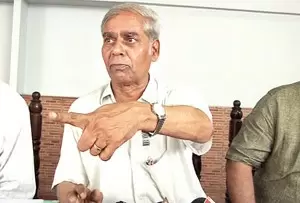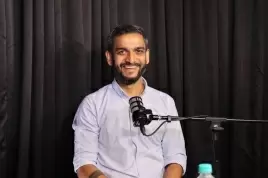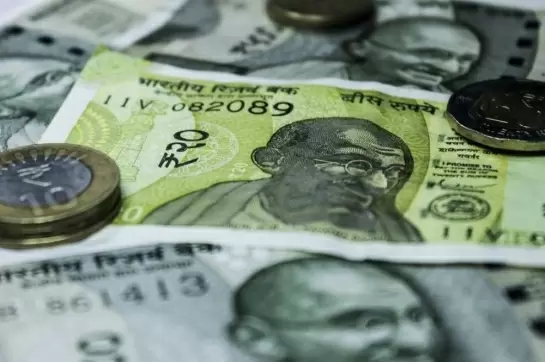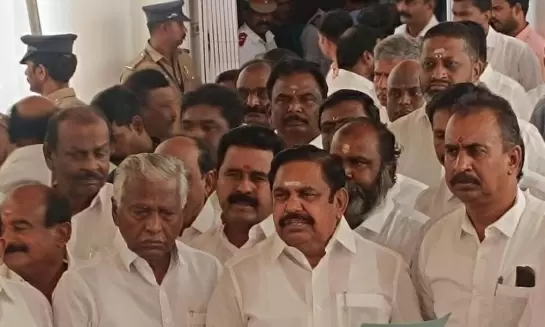Encroachment of forests is a major issue to be tackled
02-March-2012
Vol 3 | Issue 9
S.R.Hiremath, president of the Samaj Parivartana Samudaya (SPS), Karnataka, has been at the forefront of the struggle against environmental degradation. On his petition, the Supreme Court banned mining in Bellary.
In an interview to Harsha Kumar Kugwe, he says judicial and peoples' movement are both effective.
 |
|
Protecting Western Ghats from environmental degradation is a mission for Hiremath (Photo: The Sunday Indian)
|
Can you tell us about your efforts to protect Western Ghats?
Our association with the Western Ghats dates back to 1980s when we organised a march from the southern tip of Western Ghats, Kanyakumari, to its northern tip in Maharashtra. SPS was the main coordinating organisation.
Our concern was and is deforestation, mining, which is primarily illegal, and smuggling of medicinal plants in Western Ghats. From 1997 we have been working with local bodies and the National Committee for Production of Natural Resources (NCPRS) which was started by Shivaram Karnath, Dr Chandiprasad and me.
What are the main issues?
Encroachment of forest is a major issue in the Western Ghats. Apart from mining we are equally concerned about encroachments. In a petition against encroachment, the Supreme Court ordered eviction.
In that case the encroacher was a powerful politician, B.L.Shankar, the former chairman of Karnataka Legislative Council. There are thousands of acres of forest land encroached by big coffee planters.
What is the magnitude of loss?
Kudremukh itself symbolises enormous loss to the Western Ghats. Recently the Belikere port also became the symbol of corruption and illegal export of iron ore.
Do you believe in a legal fight or the power of mass movements?
Our focus is not only on legal action but peoples' movement. For instance, when we began the struggle against the pollution of the Tungabhadra river by Harihara Polyfibres it was a very powerful peoples' movement.
We also filed the first major Public Interest Litigation in the Karnataka High Court. This added to the peoples' movement and finally forced corporate giants to obey the law of the land.
Your view on the Indian Council of Forestry Research and Education (ICFRE) report?
On August 5, 2011, the Supreme Court ordered a scientific study of the destruction caused by mining in three districts, Bellary, Chitradurga and Tumkur. The study was carried out by ICFRE which is based in Dehradun to do the study. This institution is old, set up by the British.
The study was submitted in November to the Supreme Court. Another report by V.K.Bahuguna, to our surprise, recommended ‘feasibility’ study of underground mining in Western Ghats. We strongly protested as our petition offers a detailed critique of their report.
It clearly goes beyond the SC's directions regarding environmental preservation. On February 3, 2012 the Central Empowered Committee (CEC) rejected the recommendations of ICFRE. The Karnataka government in a statement before the SC has upheld our stand.
How do you see the question of development against environment?
When the Supreme Court banned mining in Bellary on June 29, 2011, it stated that development should be geared towards our need but not our greed. Thanks to the greed of miners and subversion of the Constitution by Reddy brothers and B.S.Yeddyurappa, they have mined much more than what is prescribed under law.
The Supreme Court has said that in the tussle between environment and development, we have to take the side of environment. We have to keep in mind that earth is not only for human beings. It also belongs to plants and other creatures.
How should citizens respond?
We need to discuss the role of citizens in a democracy. When we see politicians losing control, then we have to exercise vigilance. Like Shakespeare said in Julius Caesar “The fault, dear Brutus, is not in our stars, but in ourselves, that we are underlings.”
By arrangement with The Sunday Indian
















